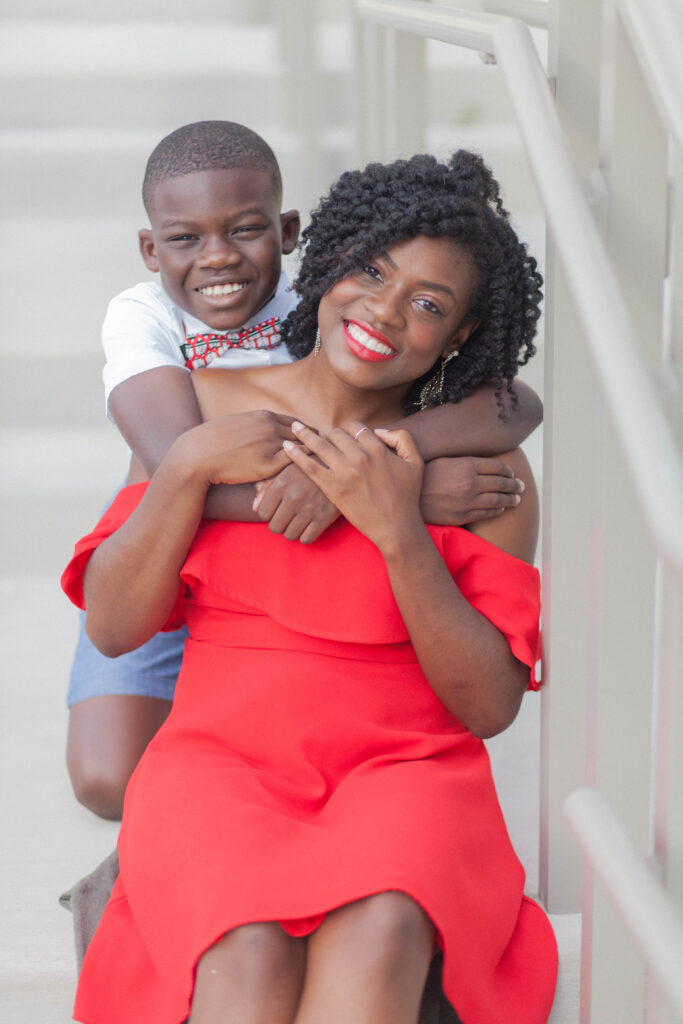Fostering Resilience in Challening and Scary Times

Parenting has never been an easy job, and there is no manual on how to be the best possible parent, especially in our current challenging times. As we hear about the recent mass shootings and other traumatic events in our country, how do we help our children deal with what’s happening and support their emotional resiliency?
We must not assume that our children are as upset or traumatized as we are; their capacity to understand is very different from adults. They may not be paying attention to the media coverage the way we are and they probably can’t comprehend the level of despair in our country the way we do. It’s important that we do not transfer our level of anxiety onto our children. We must get ourselves grounded and calm before we can help our children. Once we feel like we are able to listen openly and honestly without interjecting our own fears, we are ready to talk with our children!
The first and the most important step in building resiliency in your child, especially during challenging times, is to listen to them with love, acceptance and without judgement. During a crisis, listening takes on a vital role in finding clues to see how they are interpreting the events and reacting to them. It is important to calmly ask your child what they understand about the event and if they have any questions or concerns. Truly listening to what they are concerned about will help you frame your responses.
Remember sometimes “Less is More!” It is common for children to have fears based on limited information or from not understanding what they were told about the event. Try and spare them frightening or unnecessary details. The depth of conversation will depend on the age and developmental level of the child. It is important to be honest, but not dramatic. Always finish the conversation by asking how they are doing and how you can be helpful to them. Most children are soothed with the physical comfort of a hug and a reassuring smile.

Talking to our kids can be difficult. Sometimes our children may not know what they are thinking or feeling, so just sitting with them to draw or play may allow them to relax and find a way to communicate what they are feeling.
Some children will not act like they are upset or bothered or interested at all in the events on the T.V. Never force the conversation, but make sure they know you are there and willing to listen to them. If your child does seem upset they may need the comfort of structure, which you can provide by bringing a sense of their normal routine back to their day.
As we know we are role models for our children; they will look to us and learn how to interpret serious events. They will listen carefully to our words, tone of our voice and notice the levels of stress in our bodies. If you cannot maintain a calm atmosphere or conversation, make sure you are not in the presence of your children when you are discussing your feelings. Model the behavior of talking to your friends when you have troubles and your children may see your relief as you share and connect with others.
Sadly, we cannot protect our children from traumatic events such as shootings, disasters and such. Yet we can respond in ways that can foster resiliency and increase the chances that our children will bounce back quickly. The ability to remain calm and to remind children they are loved and that you are doing everything as parent to keep them safe is what they need. Make sure the children do not feel a sense of your keeping a secret from them as that can actually increase their anxiety. Feeling safe, secure and supported will help minimize fearful thinking, and will help your children get back to their normal routines. As you pull together as a family, your family will gain strength and grow, ultimately increasing resiliency in all of its members, including the adults!
By: Susan Tellone, RN, BSN, CSN, MSN
SPTS Clinical Director

